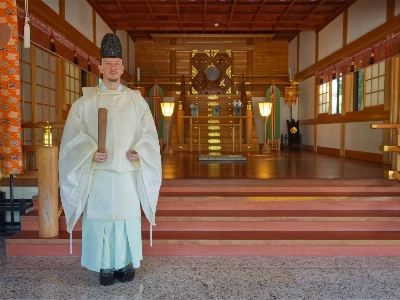Japan began rolling out ワクチン (wakuchin, vaccines) for the 新型コロナウイルス (shingata koronauirusu, novel coronavirus/COVID-19) in February. We were a little behind other G7 nations but, 遅くても始まらないよりはまし (osokute mo hajimaranai yori wa mashi, better late than never).
With more than 58 million or 46.2% of the total population having been fully vaccinated as of the time of this writing, you’ll often hear people talk about ワクチン and their 副反応 (fukuhannō, side effects) in everyday conversation. Being vaccinated is becoming a prerequisite to attend some social functions in Japan, so being able to tell people you’ve received your shots is becoming increasingly important.
It’s not unusual to hear people greet each other with ワクチン打った? (wakuchin utta?) or ワクチン打たれましたか? (wakuchin utaremashita ka?) While both sentences translate as “Did you get the vaccine?” (using the verb 打つ [utsu, to hit/strike] for the act of injecting), the difference here is the extent of the politeness. Among friends you can use 打った (and sometimes use it on its own: “村山、もう打った?” [“Murayama, mō utta?,” “Murayama, get it already?”]), but with a superior or elderly neighbor you’ll want to use the passive voice, in this case 打たれる (utareru, to be injected), as it is more polite: “田中さん、ワクチン打たれましたか?” (“Tanaka-san, wakuchin utaremashita ka?” “Mrs. Tanaka, did you receive the vaccine?”) These kinds of 敬語 (keigo, honorific expression) structures were introduced in last week’s Bilingual column.


















With your current subscription plan you can comment on stories. However, before writing your first comment, please create a display name in the Profile section of your subscriber account page.